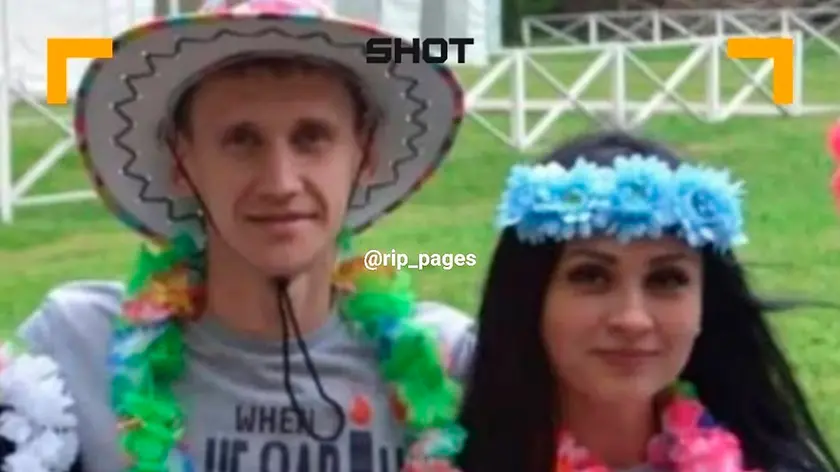T4K3.news
Travel warnings sharpen after Southeast Asia methanol poisonings
Survivors and families call for clearer travel guidance as methanol poisonings trigger safety debates across Southeast Asia.
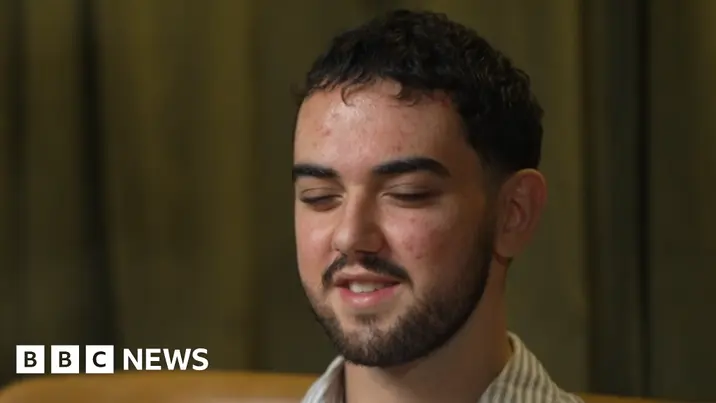
Calum Macdonald and families press for clearer travel guidance after methanol poisoning deaths in Laos and other Southeast Asian destinations.
Travel warnings sharpen after Southeast Asia methanol poisonings
Calum Macdonald describes a frightening moment at the Vietnamese border, when a kaleidoscopic blinding light left him unable to read or see. He and friends had just left Vang Vieng in Laos after staying at a hostel that offered free shots, a factor that has raised questions about drink safety in the region. The group soon learned that what began as a rough night could become a life changing event; Calum is now blind and has joined families who lost loved ones to a toxic alcohol crisis in Southeast Asia. Six people died in Vang Vieng last year from methanol poisoning, a poison found in some cheap spirits. The illness can mimic a hangover at first, but it can lead to seizures, coma, and total blindness if not treated promptly. MSF warns that methanol poisoning is a known risk in the region where illicit or poorly made alcohol is sold cheaply. These deaths are not isolated to one country; Victims have appeared in Laos, Bali and Sumatra, highlighting a shared hazard across borders. One Indonesia case involved Cheznye Emmons who died after drinking gin with extremely high methanol levels. Simultaneously, Kirsty McKie, who had lived in Bali, died in 2022 after a night out.
Key Takeaways
"I remember having this sort of kaleidoscopic, blinding light in my eyes and to the point at which I couldn't see anything."
Calum describes early symptoms at the border
"It's very hard to come to terms with what's happened."
Simone White's mother describes the loss
"There are lots of lovely beers in south-east Asia"
Calum offers practical travel advice
"We had no idea."
Sonia Taylor on Kirsty McKie's death
Families and survivors are pushing for clearer travel advisories. The focal point is not just individual choices but a wider system that may fail travelers who trust low prices and easy access to alcohol abroad. Public health groups say methanol poisoning is a recurring danger in cheap drinks in the region, and health systems can be overwhelmed before a patient is diagnosed. The Foreign Office and other government bodies face pressure to translate medical risks into plain, actionable guidance for holidaymakers. The incident also raises questions about the responsibility of hostels and vendors in offering free or inexpensive alcohol, and how tourism businesses can protect guests without curbing the appeal of travel. In short, the story points to a policy gap between travel hype and safety realties, and a need for faster, clearer warnings that do not rely on individual luck.
Highlights
- A holiday should not end in blindness.
- Clear warnings are as vital as a warm welcome.
- If cheap drinks kill, who profits from the thrill?
- We had no idea.
Methanol poisoning prompts travel advisory scrutiny
The piece highlights a gap between travel warnings and consumer safety in Southeast Asia, raising questions about how travel guidance is issued and updated after harm occurs. The topic involves public health, tourism, and government communication, potentially drawing political attention and public backlash.
The costs of travel safety should be measured in lives saved, not sales at the bar.
Enjoyed this? Let your friends know!
Related News

UK schools to mandate alcohol safety lessons
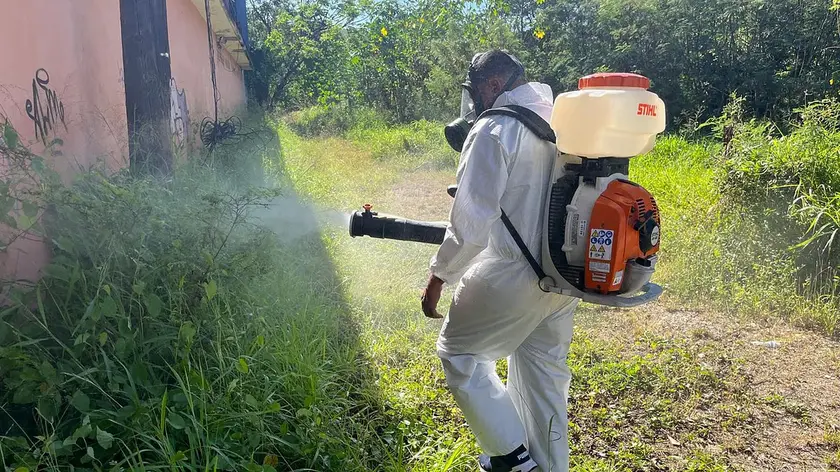
Dengue cases rise as travel fuels spread
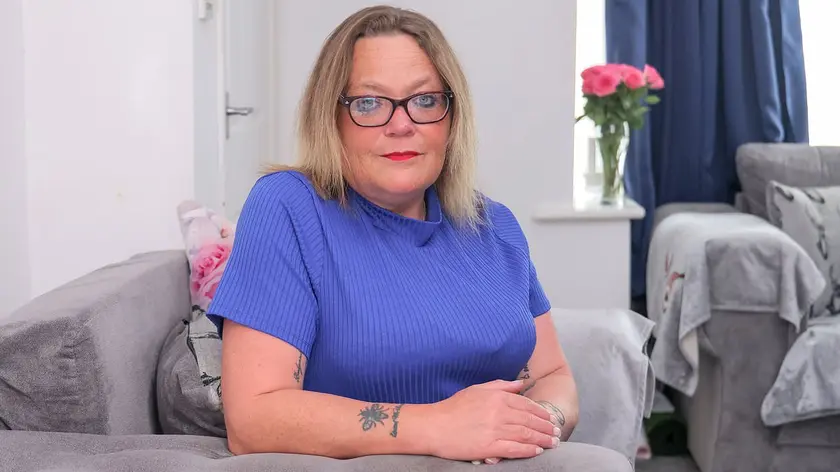
Tropical illnesses threaten travelers abroad
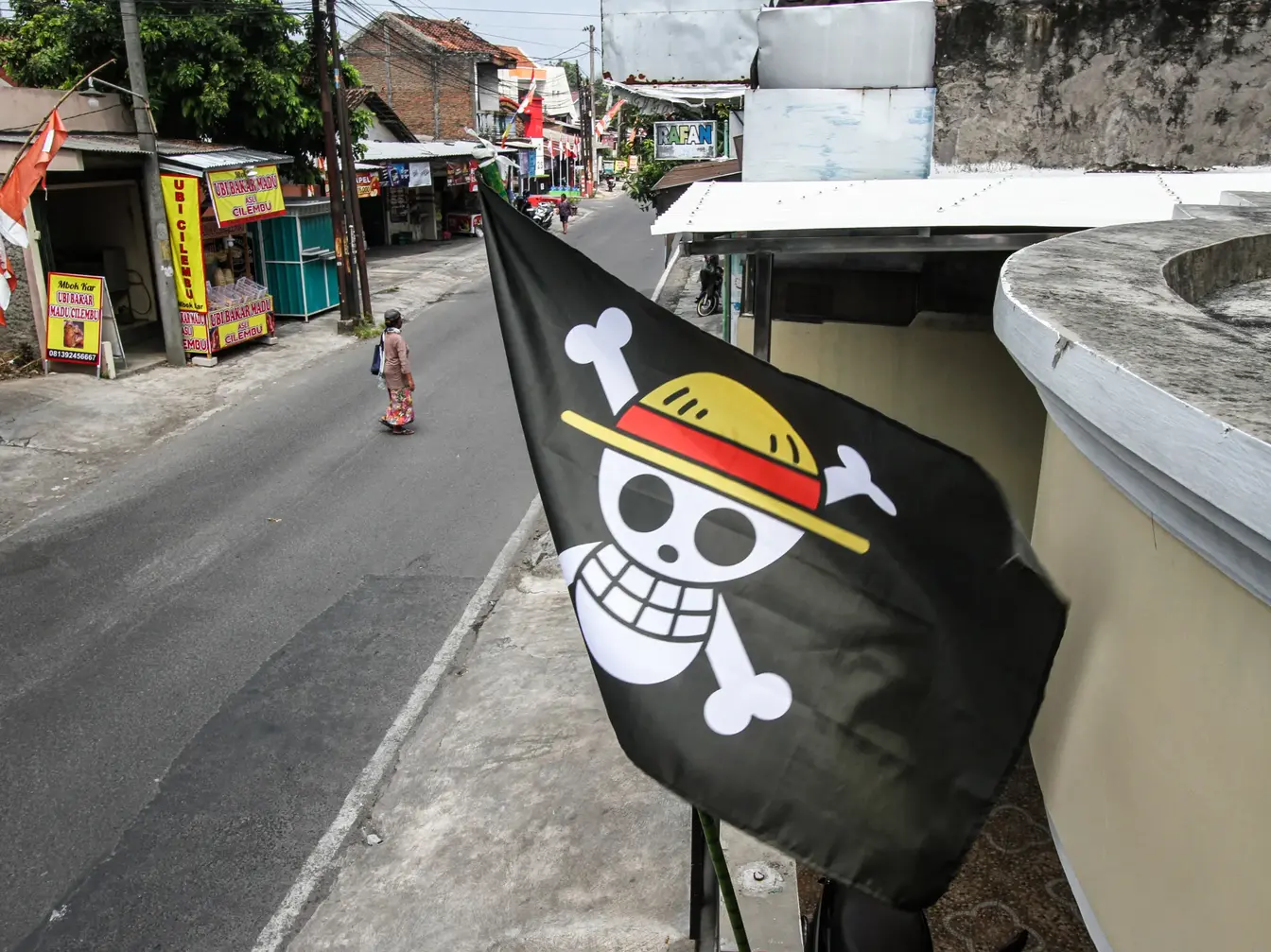
Indonesian One Piece flag protest

Instagram deception fuels global pigbutchering crypto scam
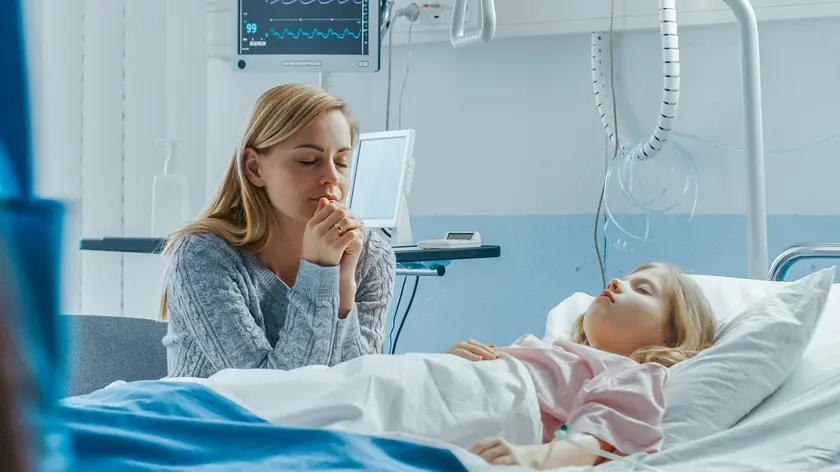
Typhoid bacteria developing dangerous antibiotic resistance
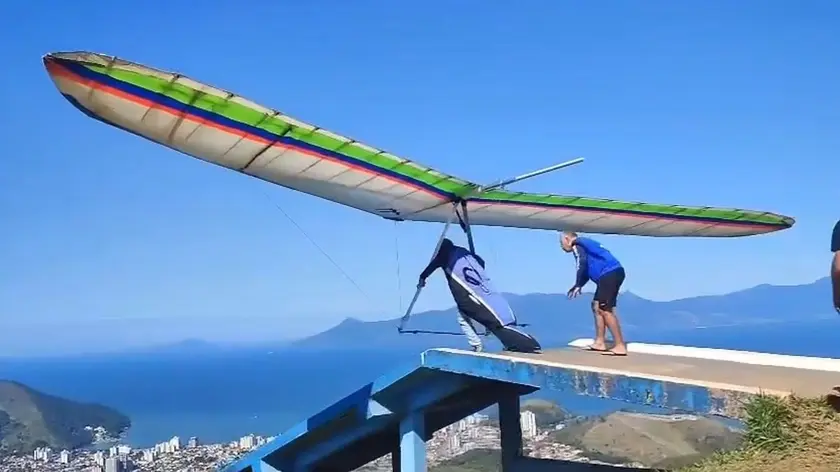
Tragic last photos reveal the fine line between joy and disaster

Chikungunya travel advisory
